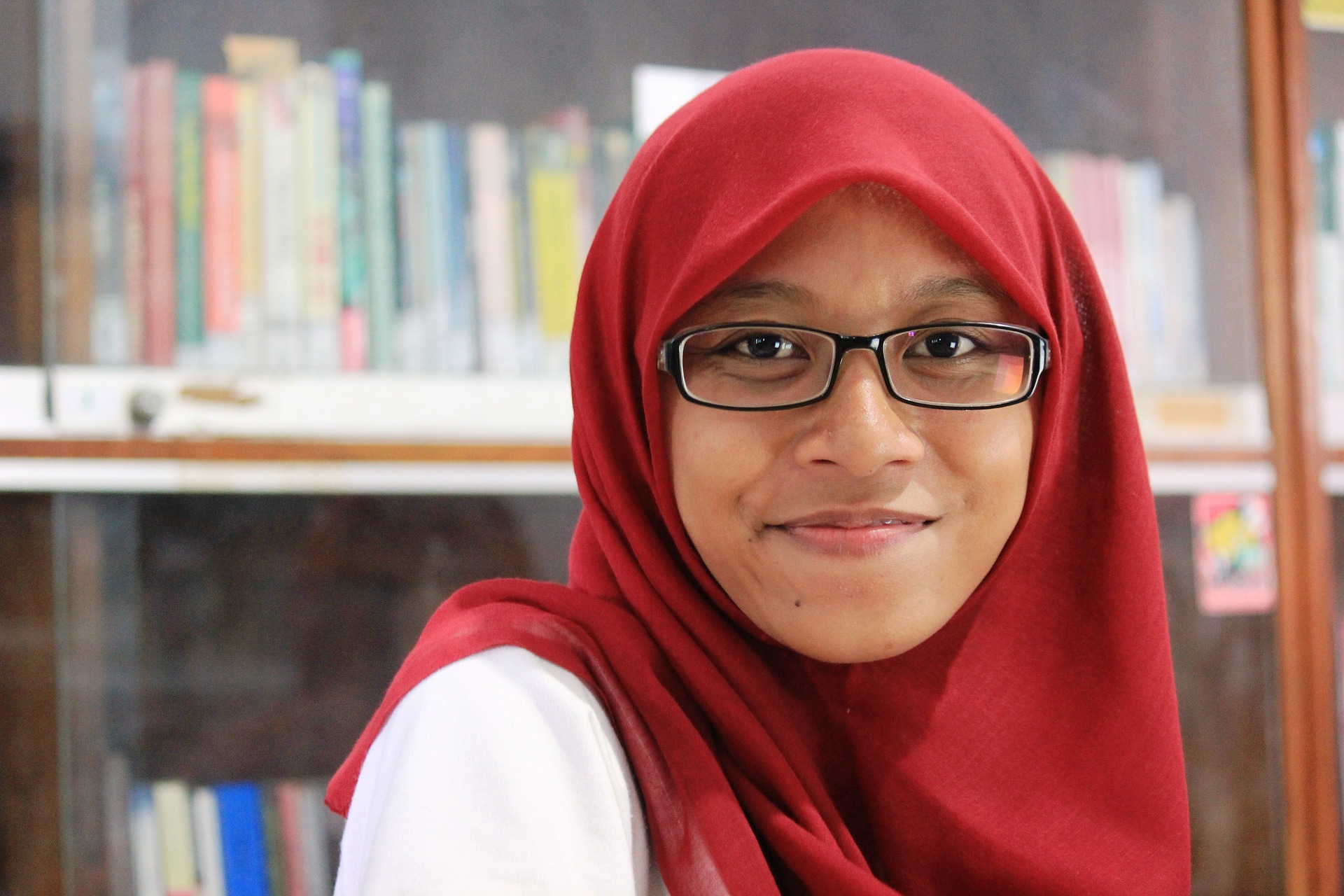Novotny and Polonsky (2011)
 Prejudice and discrimination against minority groups have been studied extensively by social psychologists. Allport (1954) argued that prejudice can be reduced if the majority has positive contact experiences with members of a minority group. The research, however, to support this theory has been inconclusive. Some theorists argue that the contact hypothesis is too simplistic.
Prejudice and discrimination against minority groups have been studied extensively by social psychologists. Allport (1954) argued that prejudice can be reduced if the majority has positive contact experiences with members of a minority group. The research, however, to support this theory has been inconclusive. Some theorists argue that the contact hypothesis is too simplistic.
The following study by Novotny and Polonsky looks at the rate of prejudice against Muslims in the Czech Republic and Slovakia. It is a correlational study based on surveys. It may be used to discuss prejudice and discrimination, as well as approaches to research.
Gordon Allport argued that contact with members of an out-group can lead to anxiety reduction, empathy, and a reconceptualization of the out-group. In spite of some research that seems to support that simply having contact with an out-group can reduce prejudice, other studies have shown that there are many factors that may influence whether contact alone plays a role.
The Integrated Threat Theory argues that prejudice is a result of perceived threats to one's in-group. For example, symbolic threats: are perceived differences in morals, standards, beliefs, and attitudes between groups. One of the arguments is that when we perceive that an out-group is a threat to our in-group, prejudice and discrimination are the result.
The following study wanted to investigate how well these two theories explained the attitudes toward Muslims in the Czech Republic and Slovakia.
Novotny and Polonsky (2011) carried out a correlational study, using surveys to collect their data. The sample was made up of 716 university students from seven Czech and Slovak cities. All students were second or third year undergraduates.
The researchers used stratified sample based on specialization at the university – that is, the percentage of social science, technology and natural science students in the sample represented the percentages in the student body; the participants were randomly chosen from the university rosters and the participants were approached in lecture halls and asked if they would fill out the survey.
People in the Czech Republic and Slovakia have fewer opportunities to interact with Muslims as there has not been significant Muslim immigration. Only 10% of respondents had a Muslim friend and 23% said that they had met someone who is Muslim.
The survey was divided into four sections: knowledge about Islam; subjective views of Muslims and Islam; geographic knowledge of the Islamic world; personal characteristics of the participant.
The researchers found that one’s level of knowledge about Islam negative correlated with perceived threat – that is, the more the participants knew about Islam, the less they felt threatened by Muslims. This correlation was also found in the level of personal contact with Muslims and the amount of travel to Muslim countries. It appears that both education about Muslims and personal contact have an effect on decreasing prejudice.
The study had a relatively large sample size. It was also rather homogenous for the level of education and the age of the participants. However, the sample is not representative of the general Czech and Slovak population. University students tend to travel more, be more urban and be of a certain socioeconomic status.
The survey was also problematic in that questions presented “forced choice.” Forced choice means that the participants were not given a specific option to choose a "non- response,” such as "no opinion," "I don't know," "not sure," or "not applicable."
For example:
Try to describe your subjective image of a Muslim compared to a typical Czech / Slovak with regard to the following characteristics:
| More | Less | Equal | |
| Impulsive | |||
| Greedy | |||
| Fanatical | |||
| Tolerant | |||
| Respectful to women |
Surveys are also open to social desirability effect and demand characteristics. In addition, the data is self-reported and rather abstract. It is not clear how these participants would react in an actual interaction with Muslims.

 IB Docs (2) Team
IB Docs (2) Team
